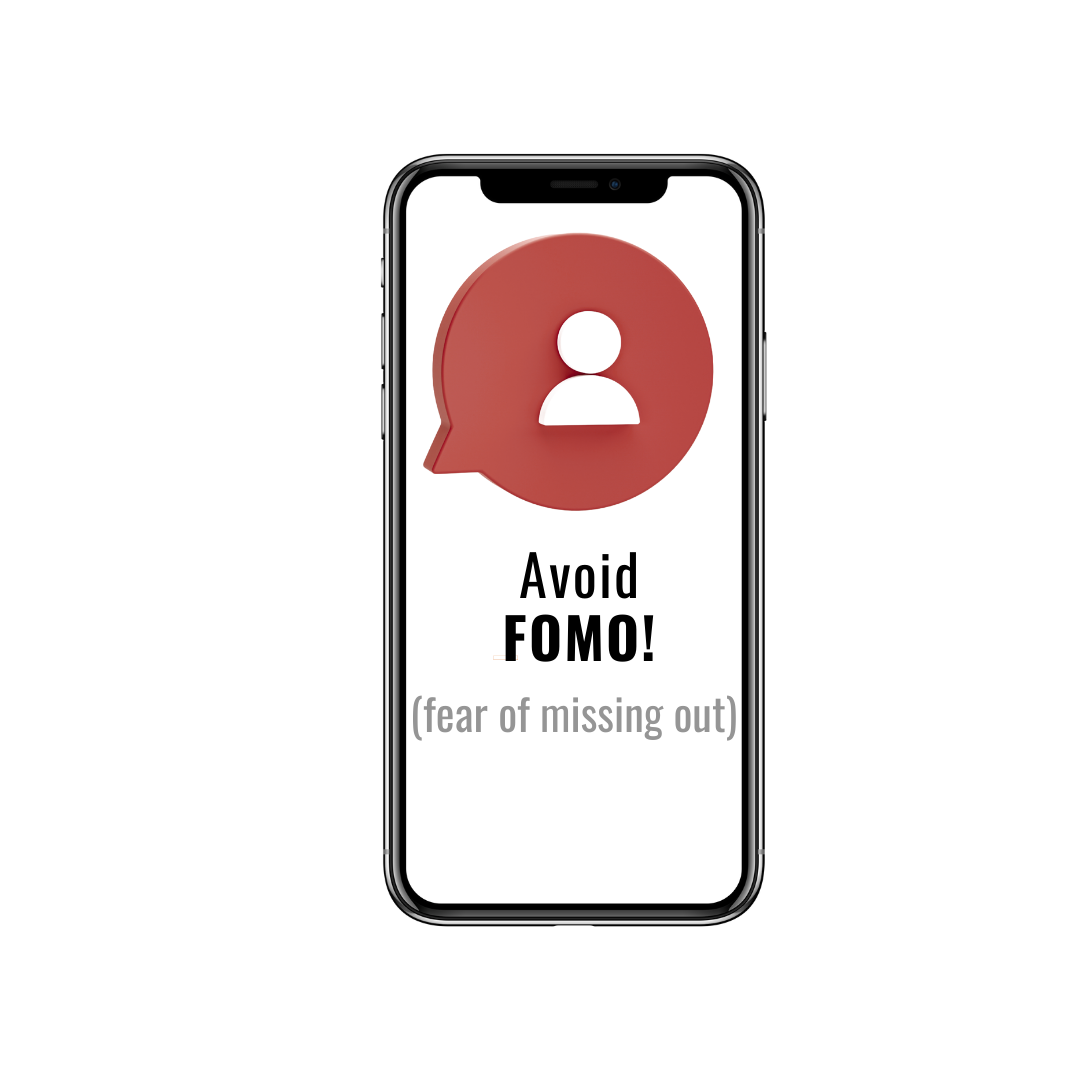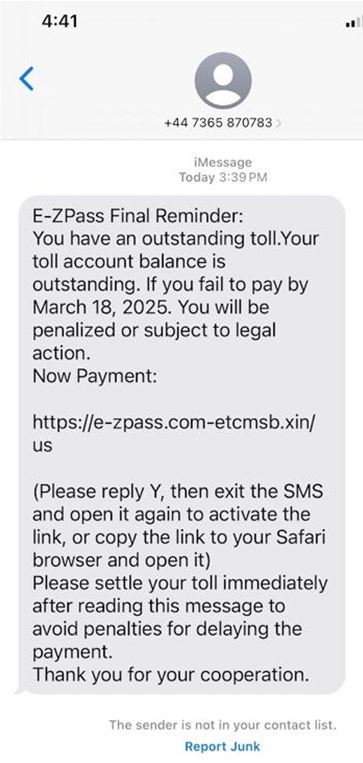
THE MOST DECEPTIVE TEXT SCAMS ARE THE SIMPLEST OR CLOSEST TO REALITY.
Here are two examples:
EZ Pass Scam
This Scam text is very, very deceptive because it looks legitimate and is very relevant to many New Yorkers. At least, it looks legitimate until you look closely at the link you are asked to click on (e-zpass.com-etcmsb.xin/us) and the phone number (+44 77365 870783).
You should know the official EZ-Pass URL for NY State is e-zpassny.com. The link e-zpass.com takes you to a spurious site. Also, EZ-Pass does not send texts from the United Kingdom (+44)! Delete it.

Personal Contact Scam
If you haven’t seen these types of Text Spam, they take the form of simple one-sentence personal request. They appear with only a phone number because they are not in your Contact List. These texts are most likely Phishing texts that lead to a more intricate and sophisticated scam.
Here are some simple one-sentence examples.
● I have you in my contact list but don’t know who you are
● Hi, how is your day going?
● Are you coming over today?
● Hello!
If you receive any of these types of texts with only a phone number (as stated above, indicates they are not in your Contact List), delete them!
There is no end to scammers creativity. That’s why it is so important to be willing to not respond. This has been the message of this series;
Do Not Respond, Delete!
What to Do?
THE BEST ADVICE IS TO RELY ON YOUR CONTACT LIST! If the text is not recognized by your phone or tablet as someone in your Contact List, it will only show the phone number. Such texts should be immediately deleted.
If the text is not from someone you know, don’t let FOMO (fear of missing out) control your urge to open it, read it and respond to it. Whatever you do, DO NOT reply to the email. Simply delete it. You aren’t missing out on anything good or beneficial.
Also, we want you to be aware there are more situations where people who are in our Contact List have had their email or phone messaging systems hacked. Always contact (call) that person and confirm if they sent you something with a link or a file requesting you to click to open it. You might find they were indeed hacked.
Our Advice
In today’s world, securing your Personally Identifiable Information (PII) is your responsibility and the more you Stop, Think and Consider what action to take in your digital communications, the more likely you can avoid scams and protect your PII.
Whatever your financial need, we’re here to help.
Posted in board-brief on Oct 14, 2025